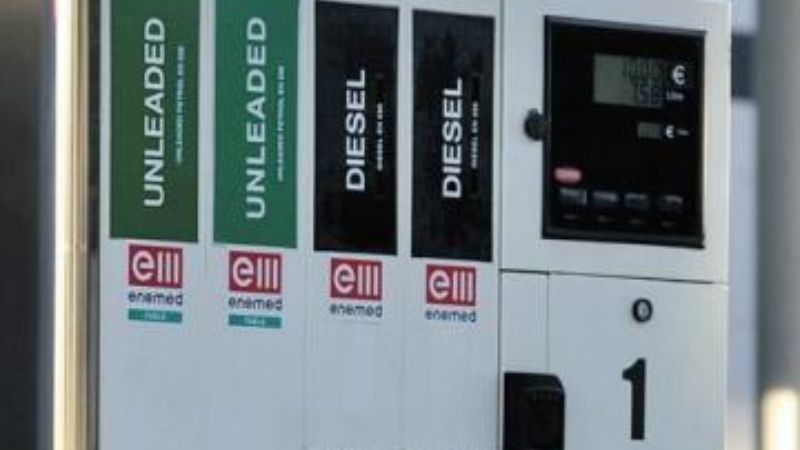During 2022, the Maltese government spent some €800,000 a day in state subsidies to keep inflation artificially low, not including hundreds of millions of euros in other subsidies to keep many of its agencies and loss-making services afloat.
According to new data given to Nationalist Party MP Ivan Castillo in parliament, Finance Minister Clyde Caruana said that most of the €300 million in subsidies last year were used to keep energy and transport costs relatively low despite increasing international prices in commodities such as oil and gas.
The EU has already singled out Malta as a member state still dependent on high subsidies, as no other member state has resorted to taxpayer funds to keep inflation under control.
However, despite this heavy burden, amounting to almost 1% of the GDP, Malta still registers a higher inflation rate than the rest of the EU.
Enemata was the biggest beneficiary of state funds in 2022, receiving over €123 million in subsidies, as it continues to register massive losses, totalling millions of euros.
Enemed, the state entity with a virtual monopoly on the importation of petrol that also has the largest market share when it comes to diesel, was given €111 million last year to make up for the difference in the international market prices and the price of fuel sold at the Malta pumps.
Other massive state subsidies in the area include some €18 million in the feed-in tariff for energy produced by photovoltaics and more than €14 million for Gozo Channel, including fuel.
These figures exclude tens of millions of euros being pumped into loss-making state entities in other sectors, including PBS, the state broadcaster which got more than €6 million a year, Wasteserv, to provide waste collection, and the Malta Tourism Authority to subsidise low-cost carrier flights.
The IMF and the Malta Fiscal Council have recently called for an exit strategy on energy subsidies, as they deem them unsustainable and no longer justified.
Still, in the budget presented last week, the government reiterated its commitment to keep all subsidies in place throughout 2024.
At the same time, the government continued to increase its annual deficit and debt, with the latter hitting a record €10 billion this year.














Notwithstanding all these subsidies, Malta’s inflation is spiralling.
Let’s see the end result for 2023 and in due course 2024.
There seems no concrete economic plan to tackle inflation.
My humble opinion, is seriously tackle corruption and resulting inflation will ease drastically.
Love your ideas and enthusiasm, however as a nation we are totally committed to corruption it will never be eroded here.
How many time did our Prime Minister fuel up his boat with subsidised fuel in 2022 and 2023?
I would not be surprised if in all the new petrol stations around is some big head with the finger in the pie like in most underhanded deals
So the Maltese taxpayer is subsidizing the Chinese Government?
Can the Hon. Minister of Energy and self subsidy Dalli confirm or deny?
We are heading for a bailout.
We’re headed for a lot of Greek style pain and poverty but I doubt it will register with the Gahans, they will for sure blame the EU.
How much are we subsidising low-cost carrier flights? Are these directed to any particular company? Or can any airline apply for such subsidies?
What exactly is the result of these subsides? How much are we getting in return?
Which end passenger is benefiting? Tourists flying into Malta or locals flying out of the island? or both? I’m asking because sometimes the end-prices of low-cost airlines (including luggage) is not much different than those of other airlines.
Also, how are we subsidising low-cost airlines? Aren’t we supposed to be fighting climate change? Aren’t we supposed to be aiming for higher-quality tourists rather then low-cost tourists? Particularly as we have a problem of over-tourism on these islands.